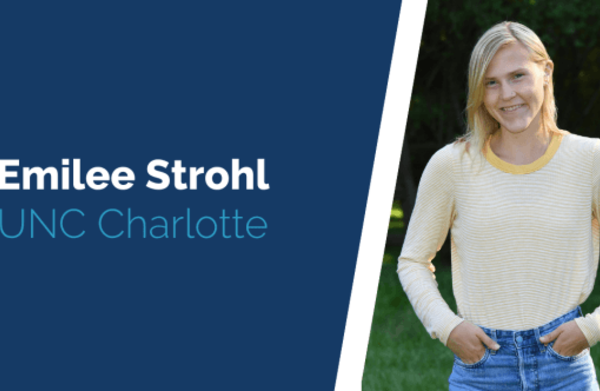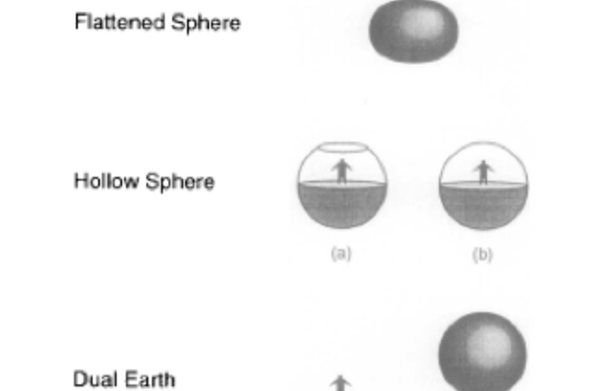Posted on
Novices and experts cannot think in the same ways
Category: Cognitive Science
This post is the first in a periodic series exploring common misconceptions around how students learn. We first touched on these misconceptions in our September 2015 report, The Science of Learning, and will be exploring them in more depth over the next few months.
Today’s post from Alan Lesgold, dean of the School of Education at the University of Pittsburgh, is focused on the ways in which novices and experts think differently. Experts – because of their expertise – are able to automate basic tasks, or processing, in order to free up cognitive space to tackle more complex aspects of a problem. They’re also able to see patterns, and organize knowledge, differently than novices. For teachers, understanding the difference in how novices and experts think will help them support their students in stretching their knowledge and acquiring expertise.
In everyday life, we know that experts see things differently from novices. For example, if chefs look at a recipe, they usually don’t need to read the instructions. The list of ingredients, combined with their knowledge of how different kinds of dishes are prepared, leads them to understand the recipe in a different way than a novice cook might. They might come away from the recipe remembering only what’s new to them, like “tossing in a little cardamom really improves the flavor,” while I might have to memorize all the ingredients and all the instructions and still might not know why the recipe is unique.
The same thing happens in reading. Expert readers recognize all the words immediately and automatically, so they’re focused completely on trying to figure out the meaning of what they are reading. Children who are behind in reading might be putting all of their cognitive capacity into just sounding out the words, leaving no brainpower for comprehension. Even the speed of recognizing words matters. Try having someone read you a paragraph or two at 30 words per minute and see if you find it easy to understand!
We really want teachers to know the subject they are teaching, because it’s hard to teach what you yourself don’t know: We want them to be experts in what they are teaching. But, we also want teachers to have what we call pedagogical content knowledge. They need to understand how students progress from being novices in a subject to acquiring expertise. Teachers also need to know how students at different stages of expertise will understand their textbooks and the activities that take place in their classrooms. And, finally, they need to develop strategies for supporting students as they tackle tough new content or new problems.
The novice teacher sometimes makes the mistake of assuming that a child “isn’t ready” for challenging work, and so will continue to drill that child on problems targeted at his or her existing level of mastery. But just dumbing down lessons or giving weaker students easier problems is not the right answer. Part of what every child needs to learn in school is how to stretch their knowledge – and the true expert teacher matches the level of scaffolding to the level of expertise of the child in order to help him or her stretch beyond what that child has fully mastered.
When I built intelligent computer systems to teach technicians to be expert problem solvers, we learned that a lot of the time, the only thing that the technicians needed to start tackling really hard problems was to periodically be reminded of what they had done so far in searching for a solution – no new information, just making up for the fact that their problem solving abilities were not yet well automated.1 That allowed them to start thinking more like experts, something they couldn’t do on their own because they couldn’t keep everything important in mind at once yet. Of course, some technicians who were more novice in their capability, needed more scaffolding, such as reminders of ways to address the problem at hand and even sometimes specific advice on what to do next. The software did what good teachers do by providing just enough support to enable the students to tackle bigger tasks and practice expertise.
One of the best teachers I ever had was Louisa Yee, who taught me to do oriental painting. I was a rank novice; I had never done well in art as a child and still was a complete beginner as an adult. Next to me in the class was a gentleman who was at a more intermediate level. One day, we both got the same assignment, to paint a scene with plum blossoms. For my intermediate classmate, Louisa just pointed to a few examples of her own work. I needed more help. First, she gave me some specific verbal suggestions, but I still showed my “striking primitive style.” Eventually, she actually grabbed my hand as I was holding the brush and moved it to make the first flower on the paper. Over time, she provided less scaffolding, and eventually I improved quite a bit.
The same thing happens when expert math teachers work with children on word problems. Some students need only a little bit of support with multistep word problems, maybe just a hint or two about how to represent the problem situation. Others may need to be coached through every little step just as Louisa guided my hand and brush.
So, while novices do think differently than experts, they can be helped toward expertise by being given challenging tasks for which the teacher provides a bit of support: reminding of what has already been learned, doing some of the lower level parts of the task so the student’s capacity can be invested in the expert elements, and even easing the student toward a more expert way of tackling the task. Being helped toward expertise is much better than just being drilled on novice performances.
References
Gott, S. P., & Lesgold, A. M. (2000). Competence in the Workplace: How Cognitive Performance Models and Situated Instruction Can Accelerate Skill Acquisition. In R. Glaser (Ed.), Advances in instructional psychology. Hillsdale, NJ: Erlbaum.
Lesgold, A., & Nahemow, M. (2001). Tools to assist learning by doing: Achieving and assessing efficient technology for learning. In D. Klahr & S. Carver (Eds.), Cognition and instruction: Twenty-five years of progress. Mahwah, NJ: Erlbaum
1Lesgold & Nehemow, 2001; Gott & Lesgold, 2000.
Related Stories:

Blog
From neuromyths to the science of learning
One teacher-candidate shares how she moved from believing in neuromyths to implementing evidence...
May 10, 2021
Blog
Neuromyths: busted
Over the past seven months, we’ve run a six-part series — generously guest authored by several...
September 09, 2016

Blog
The perils of misconceptions—for students and teachers
This post is the sixth and final in a periodic series exploring common misconceptions around how...
August 18, 2016



